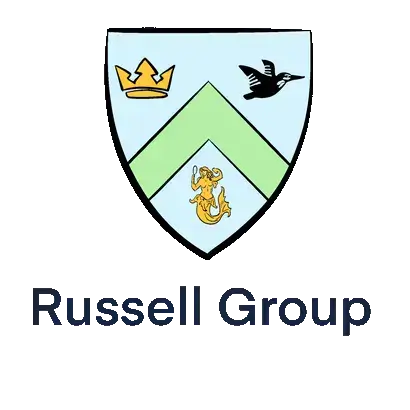Seven Plus Verbal and Non-verbal Reasoning
What is involved in the 7+ verbal and non-verbal reasoning examination?
The majority of independent schools do not provide a separate examination focusing on verbal and non-verbal reasoning. Instead, they may include problem solving questions in the Mathematics paper that focus on recognising patterns, looking closely at symbols and figures and spotting the odd one out or finding the difference.
Verbal reasoning may also appear in the English paper, where children will be assessed on their ability to think with words, i.e. comprehension, grammar and de-coding skills as well as their vocabulary. It is important to understand that non-verbal reasoning does not assess reading ability, instead it focuses on a child’s ability to identify and interpret images.
Schools that do assess non-verbal reasoning separately, do so in order to gain an insight into the future academic achievement of the child. Schools are reluctant to give sample papers or questions for non-verbal reasoning but there are activities and games that children can play to develop their ability to solve problems and think more analytically.
Top 5 activities to develop non-verbal reasoning skills:
- Spot the difference
- Sudoku
- Scrabble
- Construction toys and games (Meccano and Lego are great for developing motor skills, developing problem solving skills and creating patterns).
- Jigsaws
Group tasks
Many schools will also ask your children to complete small group tasks or attend an interview. Social skills will be assessed here, and prospective pupils will be expected to show co-operation during play and enthusiasm in their learning. Verbal and non-verbal reasoning will also be assessed here, and the format in which this is done can vary greatly. For example, some schools may ask children to work together to create a model or complete a task, whereas other schools may ask children to independently complete an art activity or a memory game.Our tutors are rated 4.9 / 5 based on 1116 reviews.







